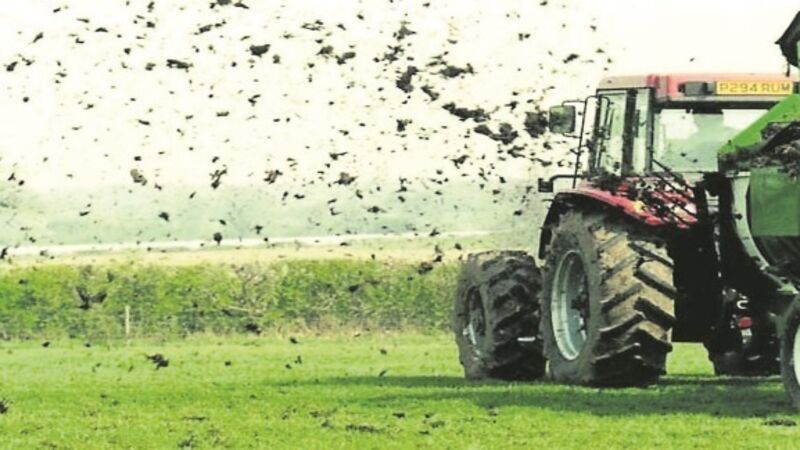Spreading slurry in the middle of a holiday season stinks

Saturday, July 16, the middle of the summer season. Our London friends have swopped a cottage for their London home. The owner has left sheets and the loose covers for the upholstery drying on the clothes line, because for days before, it had rained. However, the forecast was good. In the evening, bring fresh mackerel and we’d have a romantic barbecue on their lawn. “Oh, to be in Ireland!’, my pal’s wife tells me on the phone. ‘The space, the West Cork air!”.
But hardly are their suitcases unpacked when, out of the blue sky, a wave of stinking air wafts through a window, noxious, toxic, bacteria-bearing air. It’s slurry. It’s Saturday afternoon, the middle of the holiday season, and someone, whoever, is spreading slurry with a splash-plate tank along a field edge, 30 metres from my friends’ lawn.











